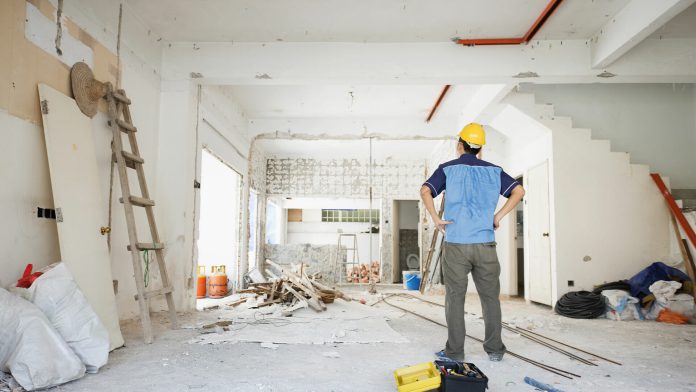When planning home renovations, knowing whether your project requires a Party Wall Agreement is essential. This legal document is necessary when work affects a shared wall or boundary between two properties. Here’s a look at five common renovation projects that typically require a Party Wall Agreement and what you need to know about handling the process.
1. Loft Conversions
Loft conversions are a popular way to add space and value to your home, but they often involve altering shared walls, known as party walls. If your project involves cutting into the wall to insert steel beams or raising the height of the wall, you will need a Party Wall Agreement. This ensures your neighbour is informed and consents to the work, protecting both parties from potential disputes.
2. Rear or Side Extensions
Building an extension at the rear or side of your property can significantly impact a party wall. This is particularly true if your plans involve excavating near the wall or building up against it. Even if the work seems minor, like inserting a damp-proof course, a Party Wall Agreement is typically required. This agreement helps manage potential risks to your neighbour’s property, such as subsidence or structural damage.
3. Basement Conversions
Basement conversions are among the most complex renovation projects, often involving significant excavation and structural work close to or under a party wall. Because this type of work can destabilise the foundations of neighbouring properties, a Party Wall Agreement is essential. Multiple agreements may sometimes be required, especially if the work affects different walls or adjoining properties.
4. Chimney Breast Removals
Removing a chimney breast, partially or entirely, is another project that usually requires a Party Wall Agreement. This is because chimneys are often shared structures, and removing them can affect the stability of the adjoining property. The agreement will outline how the work will be carried out and what measures will be taken to ensure the safety and integrity of the shared wall.
5. Boundary Walls or Fences
If you’re planning to build or demolish a wall or fence that sits on the boundary between your property and your neighbour’s, a Party Wall Agreement is typically required. This is particularly important if the wall or fence will be structurally altered or if foundations will be dug near the boundary. The agreement ensures that any work does not encroach on your neighbour’s property or cause damage.
Do You Need a Party Wall Surveyor?
While it’s possible to create a Party Wall Agreement yourself, doing so requires both parties to agree and be willing to sign the document. If there’s any disagreement or the work is complex, it’s advisable that you hire a party wall surveyor in London. A surveyor can act impartially to draw up the agreement, ensuring that both parties’ rights are protected. They can also resolve disputes, reducing the risk of costly delays or legal battles.
For homeowners, navigating the Party Wall Act can be challenging, but understanding the requirements and when to seek professional help can save time, money, and stress. Always consult with a qualified surveyor if you’re unsure about any aspect of the process.













